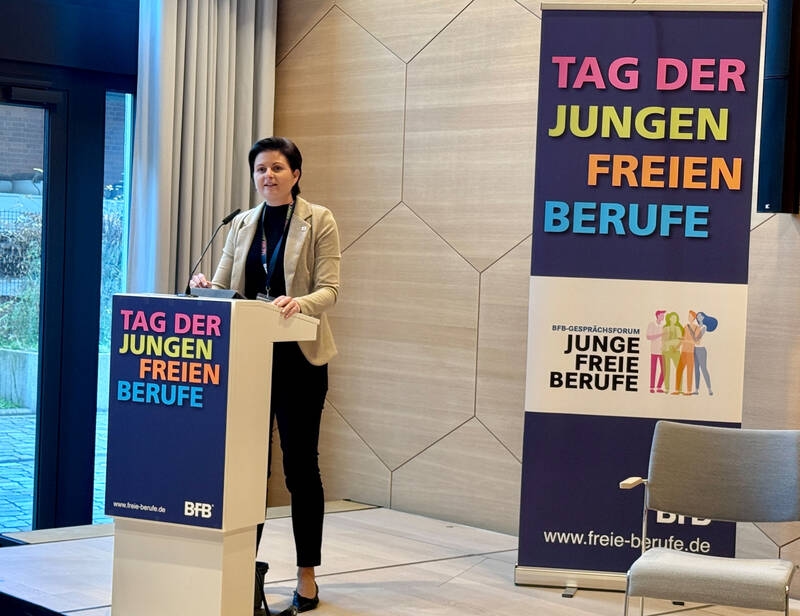Patient advocates outraged by the nursing commissioner's cleaning proposal

Dortmund/Berlin. In the debate about potential savings in long-term care, a proposal by the Federal Government's Commissioner for Long-Term Care is drawing criticism. On Saturday, Katrin Staffler, in an interview with the RedaktionsNetzwerk Deutschland (RND), advocated for a more thorough review of the so-called relief allowance. This allowance, amounting to a maximum of €131 per month, is intended to enable those with care level 1 to finance household assistance.
The primary focus must be "to maintain independence at home for as long as possible," emphasized the Federal Government's Commissioner for Care. To achieve this, the CSU politician intends to place greater responsibility on the medical assessment service. Currently, this service only determines the level of care required during the assessment process.

Care Commissioner Katrin Staffler advocates for a review of the household assistance provided in care level 1. In an interview with RND, she outlines suggestions on how nursing home residents can be relieved of this burden.
“What I don’t think would be helpful is if the money were used to pay someone else to clean the apartment while the person needing care, for whom some activity might be beneficial, just sits on the couch,” Staffler added, referring to the relief allowance. “That risks making them even more immobile. Exercise is especially important in old age to strengthen the circulatory system and counteract muscle loss.”
The German Foundation for Patient Protection disagreed. "Cleaning is not physiotherapy," Eugen Brysch, chairman of the German Foundation for Patient Protection, told the Catholic News Agency (KNA). He called the statements by the nursing care commissioner offensive to hundreds of thousands of people in need of care.
Brysch warned that Katrin Staffler's proposed expansion of assessments by the Medical Service threatens to create a new "bureaucratic monster." Furthermore, such a step would restrict the autonomy of those affected. "After all, people with care level 1 use the relief allowance to decide for themselves about their support needs. Household help, shopping assistance, dementia support groups, day and night care, and much more go far beyond simple cleaning."
The relief allowance doesn't even cover costs. "Without out-of-pocket expenses, professional support would often be impossible. The small relief allowance alone isn't profitable for care services," the patient advocate emphasized.
RND/KNA
rnd




